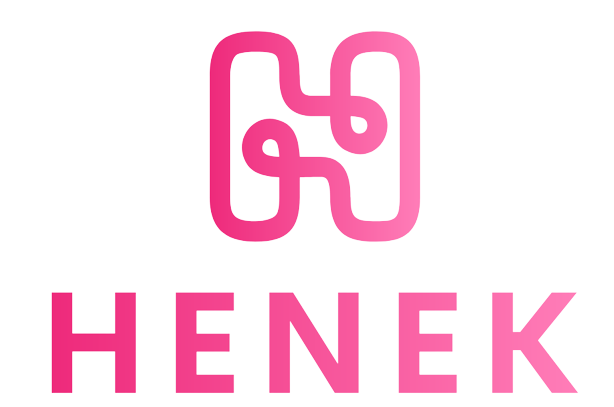Henek Consulting
Financial Services
Our Services

Accounting
Optimize your financial reports and consolidate your financial data
Real Estate
The Ultimate Solution for Real Estate Loans – The Smart Way to Finance Business and Personal Property

New Development
Learn about the banks and lenders that provide the lowest rates and fees for your construction loan

Private Finance
Capital from individual investors
Refinance
Access the best rate by comparing offers from multiple lenders
Acquisition
Utilize multiple lenders to provide flexible offers to accommodate your closing needs

Acquisition
Partner with different lenders who can present you with various offers that align with your closing goals.
Redevelopment
Procure financing for your commercial properties to aid renovations and total repositionings.

